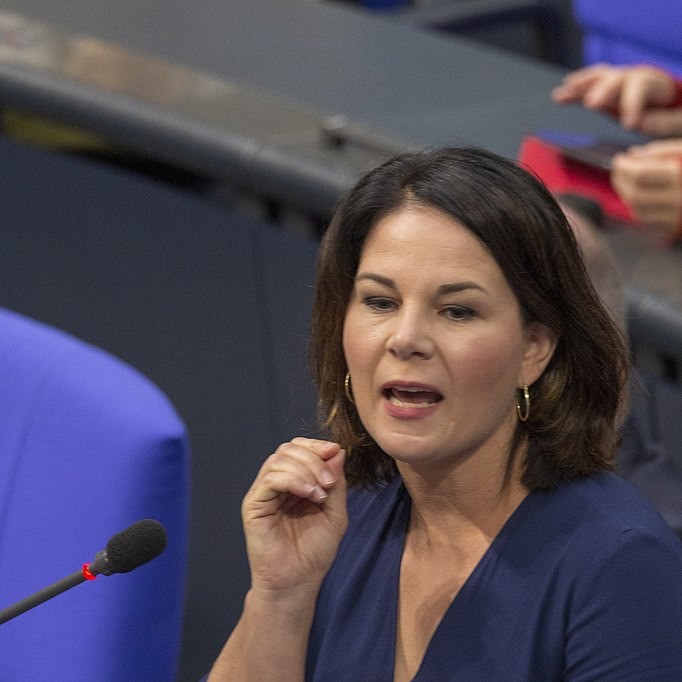Foreign Minister Annalena Baerbock is travelling to Latin America from 4 to 9 June. Labour Minister Hubertus Heil is joining her as she visits Brazil to address issues including the recruitment of skilled workers. This will be followed by stops in Colombia and Panama. The Minister’s trip to the region is centred around global climate action, sustainable and robust supply chains, and support for peace processes.
“Latin America and Europe are natural partners. We have a vast amount in common: we live in democracies, share cultural similarities and are committed to an international system based on rules and human rights. This is true of Colombia and Panama just as much as of Brazil – our strategic partner and the upcoming G20 presidency,” stated Annalena Baerbock.
The first stop on the two Ministers’ itinerary is Brasília, the capital of the fifth-largest country in the world. Here and in Sao Paulo, Foreign Minister Baerbock will hold high-level political talks with figures including Brazil’s Environment Minister and Vice President. Prosperity, growth, economic cooperation, and the protection of our natural resources are two sides of the same coin. With the Amazon rainforest – the green lung of the planet – and as the tenth-largest economy worldwide, Brazil is a key partner for global climate action. Now that President Lula has taken office, the European Union can finally conclude its free trade agreement with the MERCOSUR countries Brazil, Argentina, Paraguay and Uruguay, which would ensure strong and robust supply chains and a new form of free trade that is sustainable and effectively protects the rainforest.
Sustainable prosperity, local value creation and development that benefits both sides equally – Foreign Minister Baerbock will also visit a business in Belém that processes certified wood. A socially just and ecologically sound transformation can only succeed when it leads to economic development.
“Without Latin America we will not be able to contain the climate crisis. That is why we share the Brazilian Government’s ambitions to give those who live near the rainforest economic prospects – not against the forest, but with it,” underlined German Foreign Minister.
The Colombian peace process
From Brasília, Federal Minister Baerbock will travel on to Cali, the third-largest city in Colombia. The focus of this visit will be on the Colombian peace process. Seven years ago, the government and the former FARC guerrilla group signed a peace agreement and ended a conflict that had raged for decades. Over half a century of bloody clashes had cost hundreds of thousands of lives and forced millions of people to flee their homes. Germany has been supporting the country from day one on its difficult path to a lasting peace. This involves efforts at a wide variety of levels, including stabilisation projects, development cooperation, political advisory services and not least the promotion of a strong civil society.
One of its outstanding supports is Colombian Vice President Francia Márquez. For almost a year, she has embodied the fight against discrimination, poverty and corruption and for equality, diversity and environmental protection like few politicians before her. Foreign Minister Baerbock will therefore be presenting her with the Unidas Prize.
The last stop on the Minister’s Latin American itinerary will be Panama. In Panama City, her political talks as well as a visit to the Panama Canal will focus on making global supply chains secure and sustainable in the context of climate change. Panama also has an important geopolitical role as a gateway and partner to Central America and the Caribbean. The country has long been a reliable partner for Germany, including in international forums.
“The ocean giants that squeeze through the narrow passage that is the Panama Canal remind us what else Latin America is: a potential titan in the global economy, whom we want to incorporate much more closely still into global trade flows,” said Annalena Baerbock.

